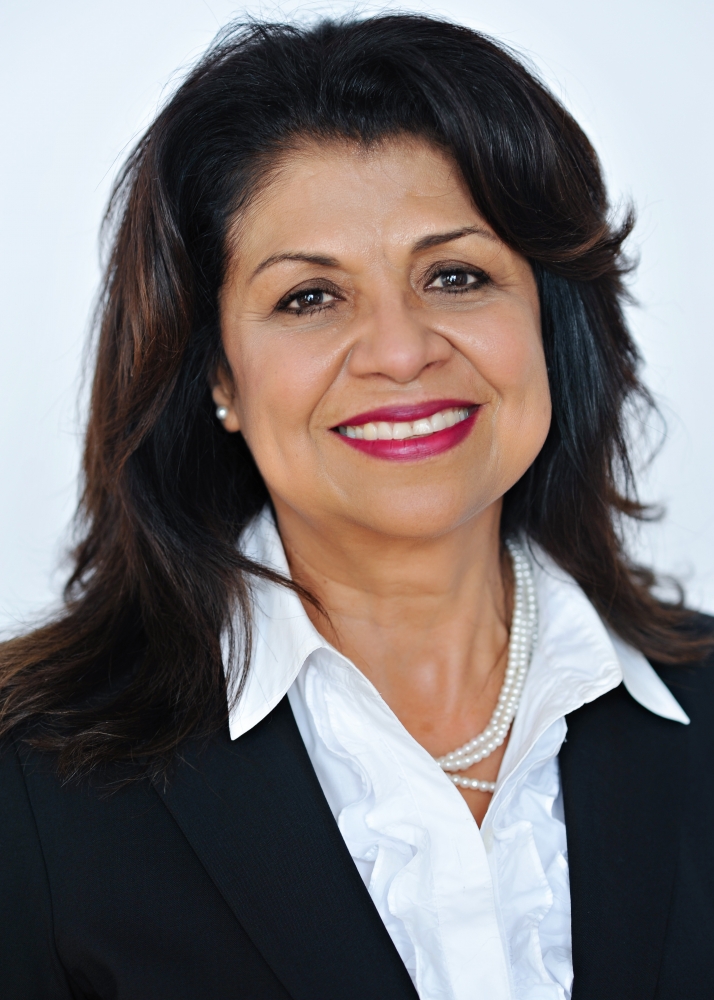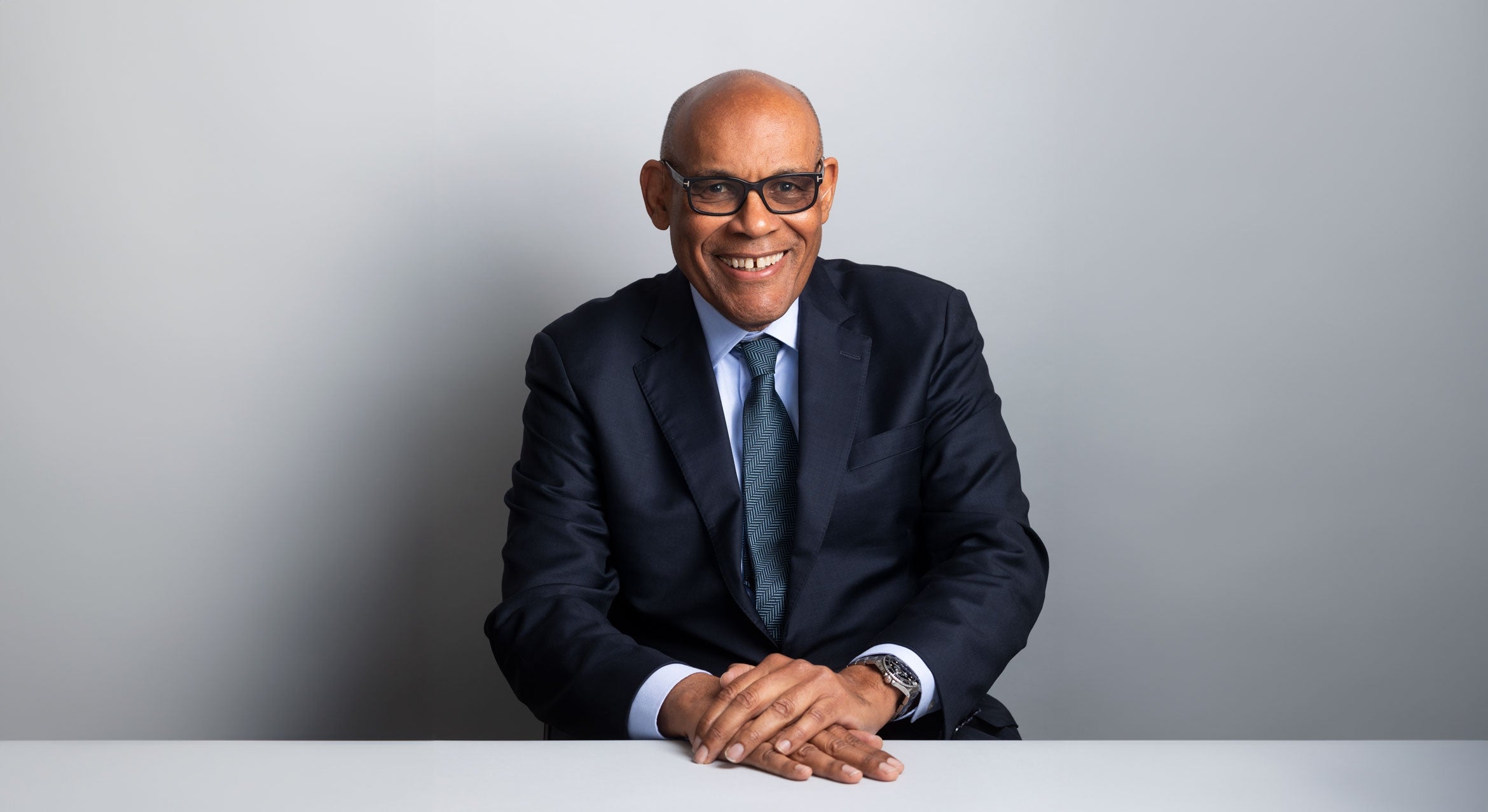
UCSB Scholar to Receive National Honors
Aída Hurtado, a professor in the Department of Chicana and Chicano Studies at UC Santa Barbara, has been named the 2015 Scholar of the National Association for Chicana and Chicano Studies (NACCS). The organization’s highest honor, it recognizes Hurtado’s significant contributions to the field in a career spanning more than three decades. She will be honored at the NACCS annual conference in San Francisco in April.
Hurtado, who holds UCSB’s Luis Leal Endowed Chair, joined the NACCS as an undergraduate at Pan American University in the 1970s. The award is especially gratifying, she said, given her long association with the group. “It’s a very great honor to have somebody who really knows your work and has been central to developing your work recognize you, so it’s a particularly sweet event for me,” she said.
“This honor reflects Dr. Hurtado’s distinctive and significant research contributions, which have received both national and international acclaim,” said Denise Segura professor and chair of the Department of Chicana and Chicano Studies. “Moreover, this award reflects her strong commitment to the field of Chicana and Chicano Studies and mentorship of students and faculty. The department and the campus are honored by such recognition of one of our premier scholars.”
A prolific author with an academic background in psychology and sociology, Hurtado has focused her research on social and ethnic identity, feminist theory, media portrayals of ethnic and racial groups and equity in education. Her book “Beyond Machismo: Chicana Intersectional Understandings of Latino Feminist Masculinities,” which she co-authored with Mrinal Sinha, a former graduate student who is an assistant professor at Cal State Monterey Bay, is forthcoming from the University of Texas Press. The result of more than 100 interviews with Latino men around the country ages 20 to 30, the book examines male views on feminism and gender consciousness.
According to Hurtado, the interviews reveal genuine social progress among the men when it comes to women and validates decades of work in academia. “The men had very, very enlightened views about women and changing gender roles and commitment to feminist issues,” she said. “So that was quite a big surprise. That’s also sweet because it feels like a lot of the work that many of us have done in terms of raising gender issues has seeped into the academy strong enough that even young men are getting exposed to it.”
Beyond progress in gender attitudes, the book also takes a timely look at the Latino experience in a difficult time, Hurtado said. “It’s a very, very moving book, especially right now with all the violence against young men of color,” she said. “It gives you insight into what their experiences are like, and their experiences with harassment. Even though they’re very educated, they still get very much harassed by the police.”
For those men and many like them, she explained, issues of appearance and identity are ingrained in a society that sees archetypes, not people. It’s changing, albeit slowly, Hurtado continued. “I think that’s just the way social change works. You take five steps forward and one backwards,” she said. “What’s ironic is eventually people accept it and it becomes common sense, the way that gay marriage 10 years ago was unthinkable and now people who don’t believe in gay marriage are thought of as out of the loop.”
Looking ahead, Hurtado has embarked on a new project that focuses on women and their capacity for compassion. It was sparked, she said, by the aftermath of the death of Trayvon Martin, the young African American who was shot by George Zimmerman in Florida two years ago.
What struck her, she said, was that “the reaction of the parents, especially the mom, to the murder of her child, was one of compassion and one of forgiveness. I put myself in that situation, and if I had lost a child the last thing that I would want to be doing is going to press conferences and meetings to tell people not to do it. … Instead, she gave people the gift of compassion. So I started listening to the narrative of a lot of these women.”
One of those stories happened much closer to home, in the Texas border city of McAllen where Hurtado grew up. The town at the state’s southern tip had become ground zero for last summer’s surge of Central American refugees, many of them young children. Rather than reject them, as happened in cities such as Murrieta in San Diego County, “there was this incredible mobilization to help them, and to provide clothing and to provide food,” she said.
Leading the relief work was Sister Norma Pimentel, executive director of the region’s Catholic Charities. Hurtado traveled to McAllen, where her mother still lives, to witness the humanitarian crisis and interview Pimentel. “It was very, very moving,” she said. “How do these women commit themselves to this kind of compassion?”



